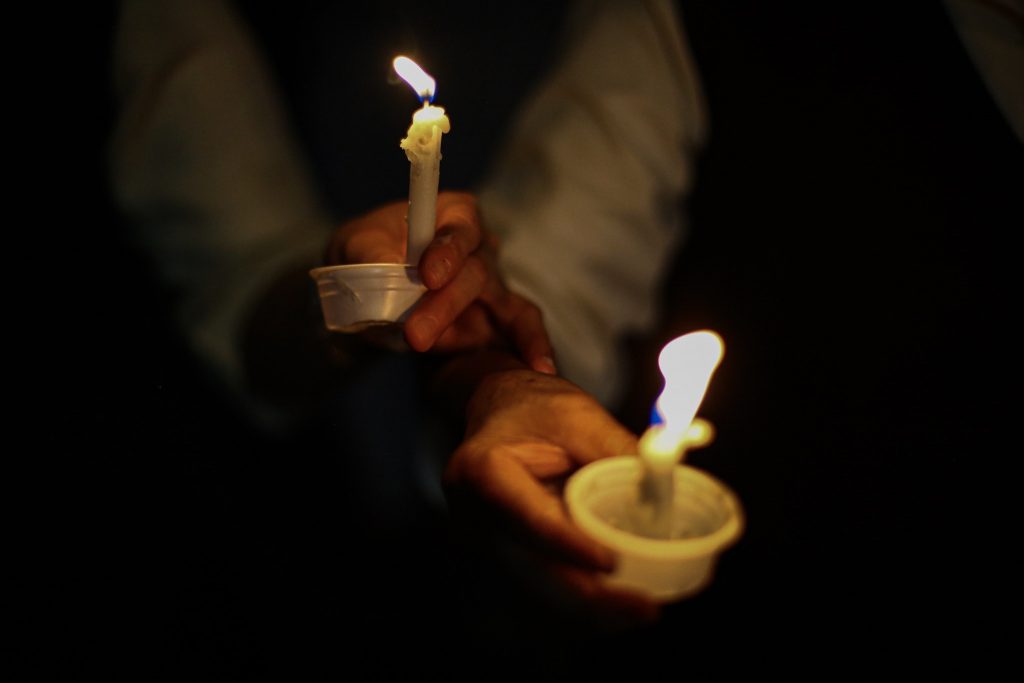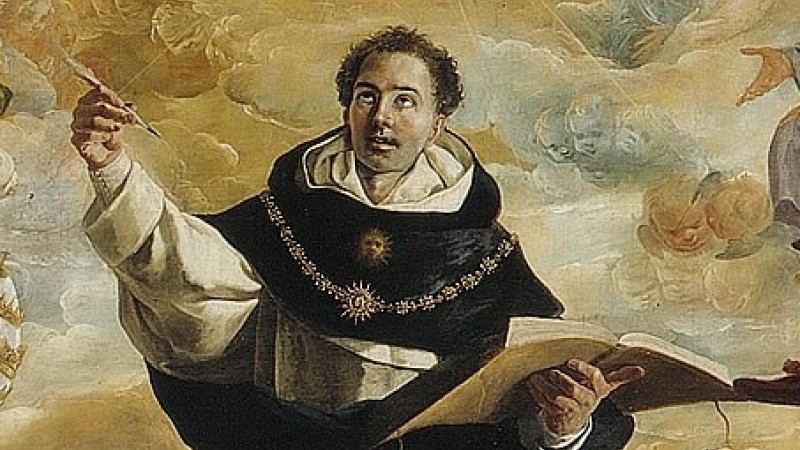
The first time I watched a shooting for a scene in a Tagalog movie, the instruction of the director who was holding a megaphone stuck in my memory. He said, “Lights, camera, action!” In that order. I never heard him say it the other way around: “Action, camera, lights!”
Obviously, both the action and the reeling of the camera’s film would just be wasted if the lights were not first turned on. After all, filmmaking is a relative of photography, which comes from a Greek word, “phos,” “photos,” which means LIGHT. What is there to capture on film without light?
It makes sense therefore why, when God created the world, Genesis tells us his very first command was, “LET THERE BE LIGHT!”
In the Gospel, Jesus says, “You don’t light a lamp and put it under a bushel basket or under a bed.” Meaning, it is foolish to light a lamp and then just hide it; rather you put it on a lamp stand so that it can carry out its purpose, which is to drive away the darkness.
Remember that scientific theory that was falsely attributed to Einstein, “That darkness does not exist by itself; that it is merely the absence of light?” And since we often use darkness as an analogy for evil, it makes sense, too, why for some philosophers “evil is but the absence of good.” It must have been the inspiration behind the famous quotation by Edmund Burke: “The only thing necessary for the triumph of evil is for good people to do nothing.”
On Thursday, we celebrate the memorial of the famous Dominican Saint and philosopher, St. Thomas Aquinas. He was considered a great luminary of his time. It is not true, however, that everyone recognized his brilliance. His ideas were in fact condemned as heretical by the archbishop of Paris. It was not until around 50 years later that he was vindicated by another archbishop, also of Paris.
Thomas became notorious after he wrote his compendium of Catholic theology entitled SUMMA THEOLOGIAE, which became very controversial because he built his theology on the foundation of the pagan philosophy of Aristotle.
Thomas dared to adopt the ideas of Aristotle in the service of Christian theology. Unfortunately, he left his work unfinished after he moved to a Dominican House of Studies in Naples, Italy in December 1273. Apparently, his superior had advised him to do so, just to get him away from controversy in Paris.
In the language of our Gospel, perhaps we may call that an effort to hide this bright luminary under a bushel basket.
Instead of succeeding in suppressing his brilliant ideas, the authorities only made his philosophy even more appealing, such that his name became practically associated with a whole philosophical discipline called Thomism.
Imagine how this brilliant man just stopped teaching and writing, withdrew from the academic limelight and remained in obscurity until the day he died at the age of 49?
According to his secretary and friend, Brother Reginald, Thomas had a kind of religious experience on the feast day of St. Nicholas (in 1273). Apparently, while he was celebrating Mass, he received a revelation that had a profound spiritual impact on him.

Brother Reginald apparently tried to persuade him to return to writing and finish his theological project. But he said, “The end of my labors has come. After the things that have been revealed to me I feel I can write no more. I have seen things that make my writings seem like straw.”
The better image that I can think of is the irrelevance of a lighted candle under a blazing sunlight. It is probably also what John the Baptist felt in the presence of Jesus. He was a lamp burning brightly and people rejoiced in his light, but John himself kept calling attention to Jesus’ testimony greater than his.
In his Sermon on the Mount, Jesus says to his disciples, “YOU ARE THE LIGHT OF THE WORLD… Therefore let your light shine before people that they may see your good works and give glory to your Father in heaven.”
So how can we call ourselves Christians if we become comfortable in the darkness of lies, falsehood and ignorance?
The Nazi propagandist, Joseph Goebbels, once said, “to turn a lie into a truth, all you need to do is to keep repeating it.” It is supposed to be the basic rule of propaganda. It seems to be also one of the basic principles being followed by propagandists in their use of the social media today.
I am sure St. Paul was already aware of this evil strategy in his own time. And so he says, “We must consider how to rouse one another to love and good works. We should not stay away from our gatherings… (instead, we must) encourage one another, and this, all the more as you see the day drawing near.”
This is a homily delivered by Bishop Pablo Virgilio David of Kalookan for Thursday of the 3rd Week in Ordinary Time, Jan. 28, 2021, Mark 4:21-25
Source: Licas Philippines
0 Comments